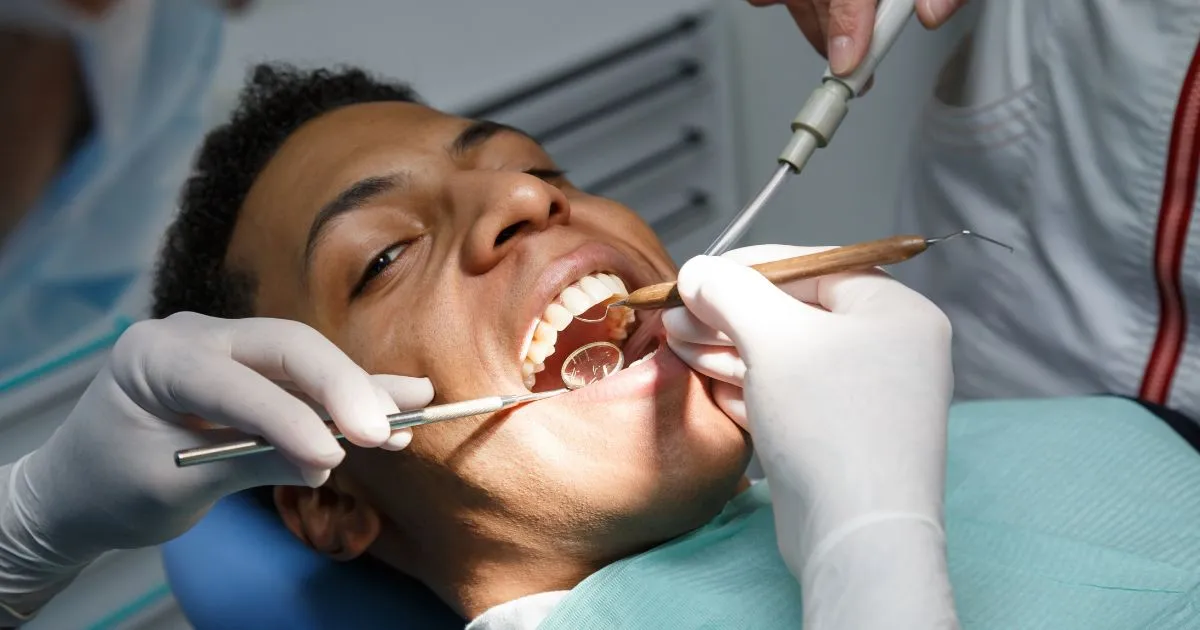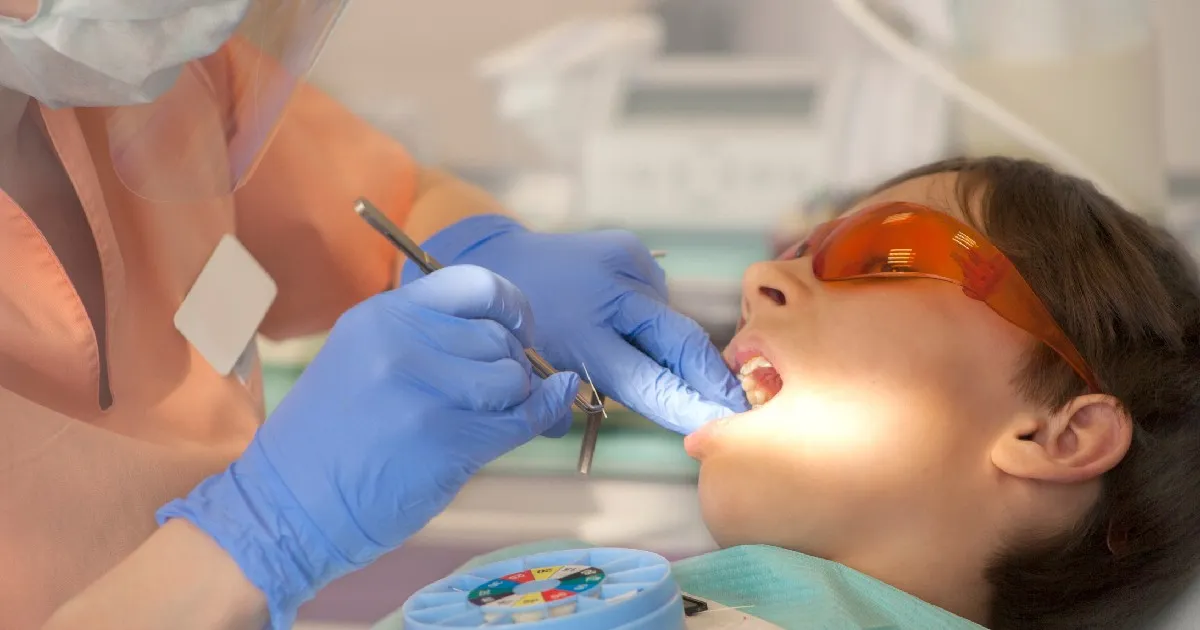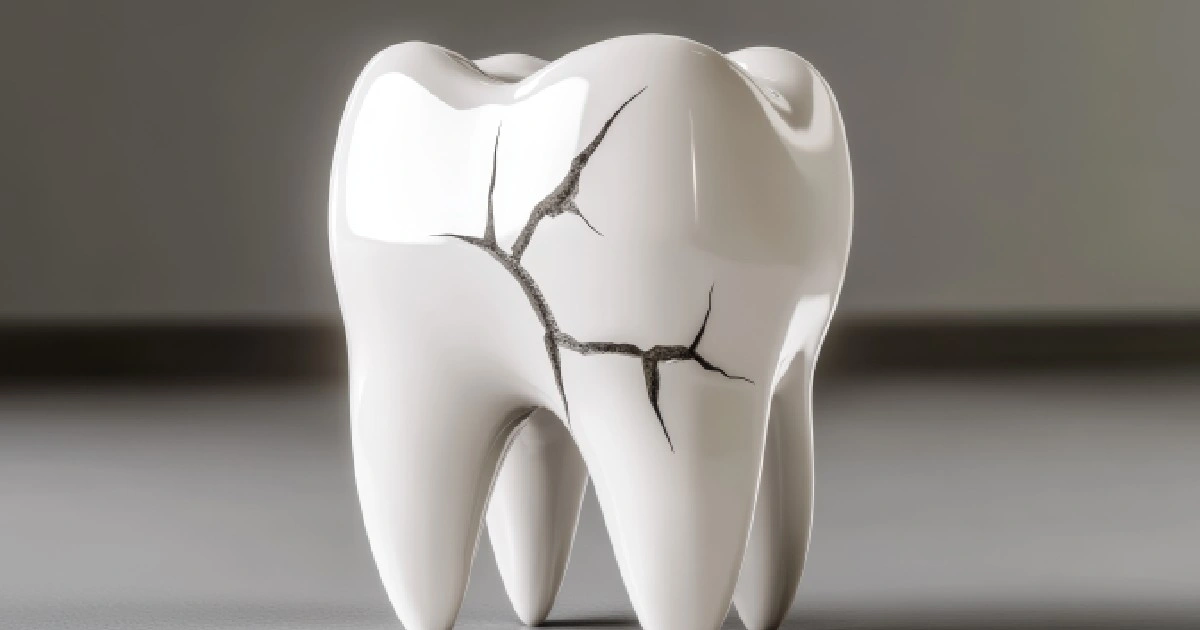Table of Contents
Caring for your child’s dental health involves more than just regular cleanings and routine check-ups. When cavities or trauma reach the inner part of a tooth, known as the pulp, your child may need an endodontic treatment. Endodontic treatments in Summerville, SC, address and preserve teeth that might otherwise need to be removed, preventing potential future dental issues and maintaining your child’s natural smile. Here, we’ll explore the importance of endodontic treatments for children, the process, and how specialized care can make a significant difference.
Understanding Endodontic Treatments for Children
Endodontic treatments, often called “root canal treatments,” are a form of specialized dental care designed to treat infections or damage within a tooth’s pulp. For children, the pulp—the soft center containing nerves and blood vessels—is more vulnerable to infection due to developing teeth and their increased likelihood of cavities or injuries. Endodontic care for children helps alleviate pain, treat disease, and save teeth that might otherwise need extraction.
Why Children Might Need Endodontic Treatment
Several reasons might lead a dentist to recommend an endodontic procedure for a child:
- Deep Cavities: When tooth decay reaches deep into the tooth, it can infect the pulp, leading to pain and possible abscesses.
- Dental Trauma: Falls or sports injuries can sometimes crack a tooth or expose the pulp, making it susceptible to infection.
- Infection or Abscess: An untreated infection in the tooth can spread, impacting surrounding teeth or even general health.
- Developmental Dental Issues: Some children have developmental conditions affecting their dental health, making them more prone to needing pulp treatment.
Endodontic Specialists by Solomon Dental can help ensure your child’s teeth develop healthily by addressing these issues early.
Types of Endodontic Treatments for Children
In pediatric dentistry, there are several types of endodontic procedures for kids tailored to the specific needs of young, developing teeth. Let’s explore the most common types.
Pulpotomy
A pulpotomy is the most common form of children’s dental pulp therapy and is often performed when decay has reached the pulp in baby teeth. In this procedure, only the infected portion of the pulp is removed, preserving the remaining pulp and root. A medicated filling is then placed, followed by a crown to protect the tooth. Pulpotomies are a minimally invasive option to relieve pain, treat infection, and retain the tooth until it naturally falls out when the permanent tooth is ready to emerge.
Pulpectomy
A pulpectomy is a more involved treatment when infection has spread throughout the pulp and root canal. This procedure removes the entire pulp from the tooth’s roots, cleaning and disinfecting the area to prevent further infection. The canals are then filled with a safe material, often followed by a crown to protect the tooth. Pulpectomies are typically performed on primary teeth, vital for the child’s dental alignment and speech development.
Root Canal Therapy for Permanent Teeth
If a child’s permanent teeth are affected, root canal therapy may be needed to save them. This procedure is similar to an adult root canal but requires a gentler approach suited to younger patients. The infected pulp is carefully removed, the canals are cleaned and filled, and a crown is placed to protect the tooth from future damage. This is a crucial treatment for maintaining a healthy, aligned bite as your child grows.
The Process: What to Expect During Your Child’s Endodontic Treatment
Understanding the endodontic care process for children can ease concerns and help prepare parents and kids for a smooth experience. Here’s an overview of what you and your child can expect:
- Consultation and Assessment: The first step is a thorough assessment by a pediatric dental specialist who will examine the tooth and take X-rays to determine the extent of the infection or damage.
- Pain Management: Children’s comfort is a top priority, so local anesthesia is typically used to numb the area. In some cases, sedation options are available to help very young or anxious children feel at ease.
- Procedure: The procedure, whether a pulpotomy, pulpectomy, or root canal, involves cleaning out the infected pulp tissue. This is done precisely to ensure no bacteria remain in the tooth.
- Filling and Crown Placement: After cleaning, the tooth is filled, and in many cases, a crown is placed to protect it from further damage. Crowns for children are typically made of stainless steel, a durable option for primary teeth.
- Aftercare and Follow-Up: Once the procedure is complete, you’ll receive guidance on aftercare to ensure a smooth recovery. Follow-up appointments are crucial to monitor healing and address any issues.
Benefits of Endodontic Treatments for Kids
Endodontic treatments for kids offer multiple benefits, saving teeth and promoting long-term dental health. Here’s why these treatments are essential:
Maintaining Natural Tooth Structure
By preserving natural teeth, these treatments help retain the natural spacing needed for future adult teeth, supporting better alignment and bite development. This helps reduce the need for orthodontic treatment later in life.
Pain Relief and Infection Control
Infected pulp can cause significant discomfort. Endodontic treatments effectively alleviate pain and treat the source of infection, preventing it from spreading to other teeth or parts of the body.
Supporting Speech and Chewing
Teeth play a significant role in how children speak and eat. Losing a primary tooth prematurely can impact speech development and make chewing difficult. Retaining these teeth ensures that your child can talk and eat comfortably.
Common Concerns About Endodontic Treatments for Children
Understandably, parents have questions about kids’ endodontics. Below are answers to some frequently asked questions:
Is the Procedure Painful?
Children feel minimal discomfort during the procedure with local anesthesia and advanced technology. Pediatric specialists are skilled at creating a calm, child-friendly environment and ensuring a pain-free experience.
Are Endodontic Treatments Safe for Children?
Yes, these treatments are safe and are tailored specifically to meet the needs of young patients. Pediatric dentists undergo specialized training to handle the unique aspects of treating children’s teeth.
What Happens if the Tooth Isn’t Treated?
If a tooth with infected pulp isn’t treated, the infection can worsen, leading to more pain, possible abscess formation, and even impacting the development of the surrounding teeth. In severe cases, extraction may be required, affecting alignment and speech.
Conclusion: Protect Your Child’s Smile with Endodontic Treatments
Endodontic treatments protect your child’s teeth from decay, injury, and infection. By addressing dental issues early, these treatments can preserve natural tooth structure, relieve pain, and support healthy dental development. If your child is experiencing tooth pain or has suffered a dental injury, prompt treatment from a specialist is essential to ensure the best possible outcome. Don’t wait to get the specialized care your child needs. Schedule Your Child’s Appointment Today with Endodontic Specialists at Solomon Dental to discuss how endodontic treatments can benefit your child’s dental health and protect their smile for years.







